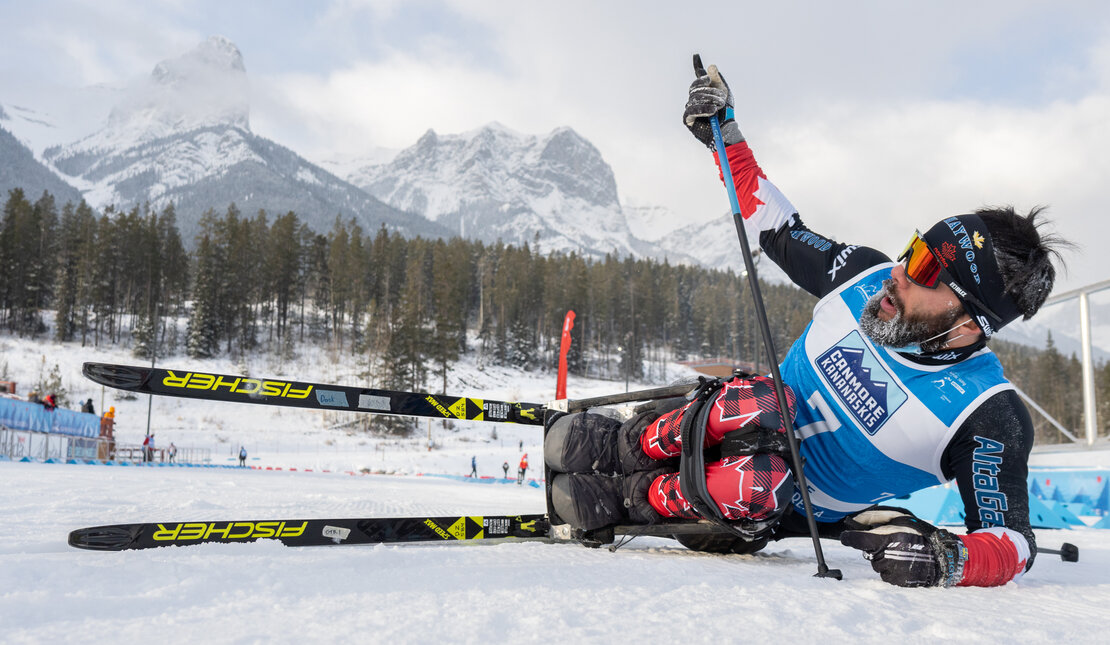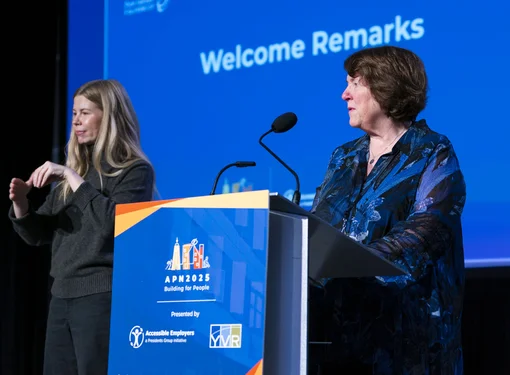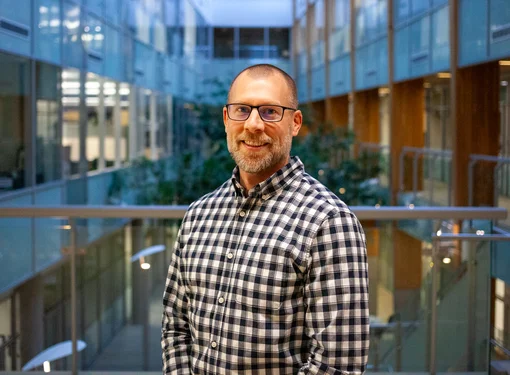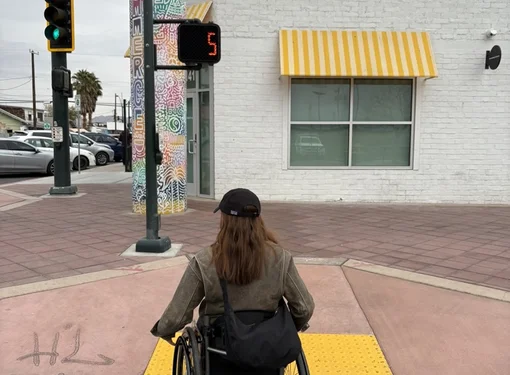From Climbing Mountains to Climbing Stairs, Leo’s Fight for Accessibility
In a world where athletic success is sometimes associated with limited ideas of mobility, Leo Sammarelli is challenging those outdated stereotypes.
Years before his spinal cord injury, Leo’s passion for boxing began when he was 15 years old, in a gym in Italy's Puglia region. It wasn’t long before his journey took him into the competitive ring; Leo clinched titles such as the prestigious Inter-Regionals. But his journey in boxing wasn’t just about the victories; it also transformed Leo from a timid teenager to a confident and ambitious young man.
“I didn’t have the greatest self-esteem before boxing,” Leo recalled. “But boxing worked its magic on me. It taught me how to express myself and confront life’s frustrations with discipline and resilience.”
By all appearances, he was destined to earn a spot in the professional boxing world, with aspirations of representing his new home country of Canada in the Olympics. But life took an unforeseen turn in 2017 when Leo became a victim of a senseless act of violence on his way to visit his mom. A shooting incident, a case of mistaken identity, said the North Vancouver RCMP, left him with a spinal cord injury.
During rehabilitation at G.F. Strong Rehabilitation Centre in Vancouver, British Columbia, Leo drew inspiration from others like him. Terry Fox and Rick Hansen were figures he focused on as he recovered, their respective achievements fueling his new-found desire to make a difference.
But first, Leo needed to find his way back home, back into competitive sports. The day after leaving the hospital, he discovered para Nordic skiing through Paralympian Search, a one-day athlete identification event designed to test aptitudes for various sports.
A Mission to Raise Awareness of the Need for Access
Fast forward to today: Leo is set on making his Paralympic Games debut in Milan in 2026 as part of Canada’s Para Nordic ski team. He still boxes, running his adaptive program and pushing for the inclusion of adapted boxing into the Paralympics. Once an athlete, always an athlete. But the difference now is Leo sees the bigger picture beyond himself, extending to the broader cause of accessibility and inclusion for the 1 in 4 Canadians who have a disability.
“I remember being skin and bones when I got out of rehab, and I was trying to get to my friend’s place, which was up some stairs. I thought, ‘Well, I’m always going to have to ask people for help.’ But, the thing is, you’re not always going to have help nearby. The last thing I want to do is turn my wheelchair around and go back the other way. It’s so important to build things to be accessible for everyone.”
Through Leo’s activism efforts – such as climbing mountains on his hands, wheelbarrow style – to raise awareness about the potential of people with disabilities and participation in initiatives such as National AccessAbility Week, May 26 to June 1, Leo helps amplify the urgency of breaking down attitudinal and physical barriers that impede the full participation of individuals with disabilities in our communities.
Leo often demonstrates his strength on Instagram, such as pulling himself – chair included – up a swing set structure in a park. These are not your average feats, as he pointed out. “But by not doing something average, I want to bring attention to the fact that there are totally unnecessary barriers everywhere in our society,” added Leo.
Witnessing his strength highlights the sobering reality: a simple flight of stairs can bring Leo and others with mobility disabilities to an abrupt halt. Stairs symbolize exclusion, a sentiment Leo articulated powerfully. “Steps are like encountering a giant stop sign telling me, “You’re not welcome here,” he said. “And it takes an emotional toll, constantly being reminded that some spaces are off limits simply because they’re not designed with inclusivity in mind.”
It is crucial to the well-being of society to recognize how these barriers exclude people. In the last ten years, the number of people with a disability in Canada has doubled. It will also increase as we age; more people in our country are over 65 than under 15. A single step can prevent an increasing number of places that make up our daily lives. The numbers dictate that everyone will be affected, whether through personal experience, or a family, friend or colleague.
This is why RHF is committed to raising awareness, shifting attitudes, and implementing bold solutions to eliminate barriers and unleash the potential of people with disabilities. Removing barriers to inclusion is imperative for collective progress.
In Leo’s words, “We need to show people what’s possible”—a call for a future where every individual, regardless of ability, is embraced and empowered to thrive.
Join Leo in championing accessibility today. Your support of RHF will help create an inclusive and accessible country people of all ages and abilities. Donate today!







